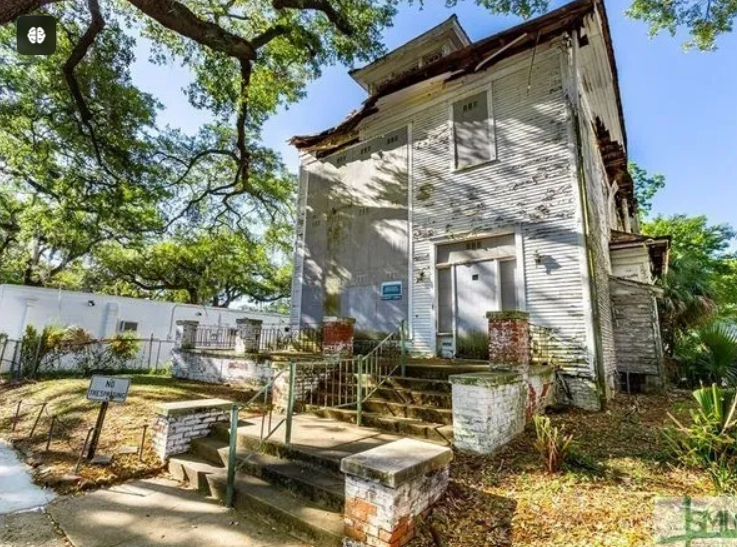Have your eye on a fixer-upper? A 203k loan, also known as renovation loan, is a specialized mortgage product offered by the Federal Housing Administration. It is designed to help homebuyers finance both the purchase of a home and the cost of necessary renovations or repairs. Here are some pros and cons of 203k loans:
Pros of 203k Loans:
- Financing for renovations: The primary advantage of a 203k loan is that it allows you to finance the cost of home improvements or repairs into the mortgage. This can be beneficial if you’re purchasing a property that needs significant repairs or if you want to make upgrades to an existing home.
- Lower down payment: Like other FHA loans, 203k loans typically have lower down payment requirements compared to conventional loans. This can make it more accessible for buyers who may not have a large amount of upfront cash.
- Streamlined and standard options: There are two types of 203k loans: the “streamlined” or “limited” 203k and the “standard” 203k. The streamlined 203k is designed for minor repairs and cosmetic updates, while the standard 203k is suitable for more extensive renovations. The flexibility in loan options allows borrowers to choose the one that suits their needs.
- Assistance for distressed properties: 203k loans can be used to purchase distressed properties, such as foreclosures or homes in need of major repairs. This can open up opportunities for buyers who are willing to invest in properties that require renovation.
Cons of 203k Loans:
- Additional paperwork and processes: Since 203k loans involve both the purchase of the property and the renovation costs, they typically require more paperwork and documentation compared to a standard mortgage. This can lead to a more complex and time-consuming loan application process.
- Strict requirements: 203k loans have specific requirements for the type of renovations that can be done and the contractors who can perform the work. The FHA has guidelines and regulations in place to ensure that the loan funds are used for appropriate purposes and that the repairs meet certain standards.
- Limited lender options: Not all lenders offer 203k loans, so you may have fewer options when it comes to choosing a lender. It’s important to research and find a lender who is experienced in 203k loans and can guide you through the process.
- Appraisal challenges: The appraisal process for a 203k loan can be more complicated than a traditional appraisal. The appraiser needs to assess both the current value of the property and the projected value after the renovations are completed. If the appraised value is lower than expected, it can affect the loan amount or approval.
It’s crucial to carefully evaluate your specific situation, budget, and renovation plans to determine if a 203k loan is the right option for you. Consulting with a knowledgeable mortgage professional can help you understand the details and make an informed decision.
Have your eye on a fixer-upper? Chat with one of our loan officers today to discuss this option! Complete our inquiry form HERE to discuss.

